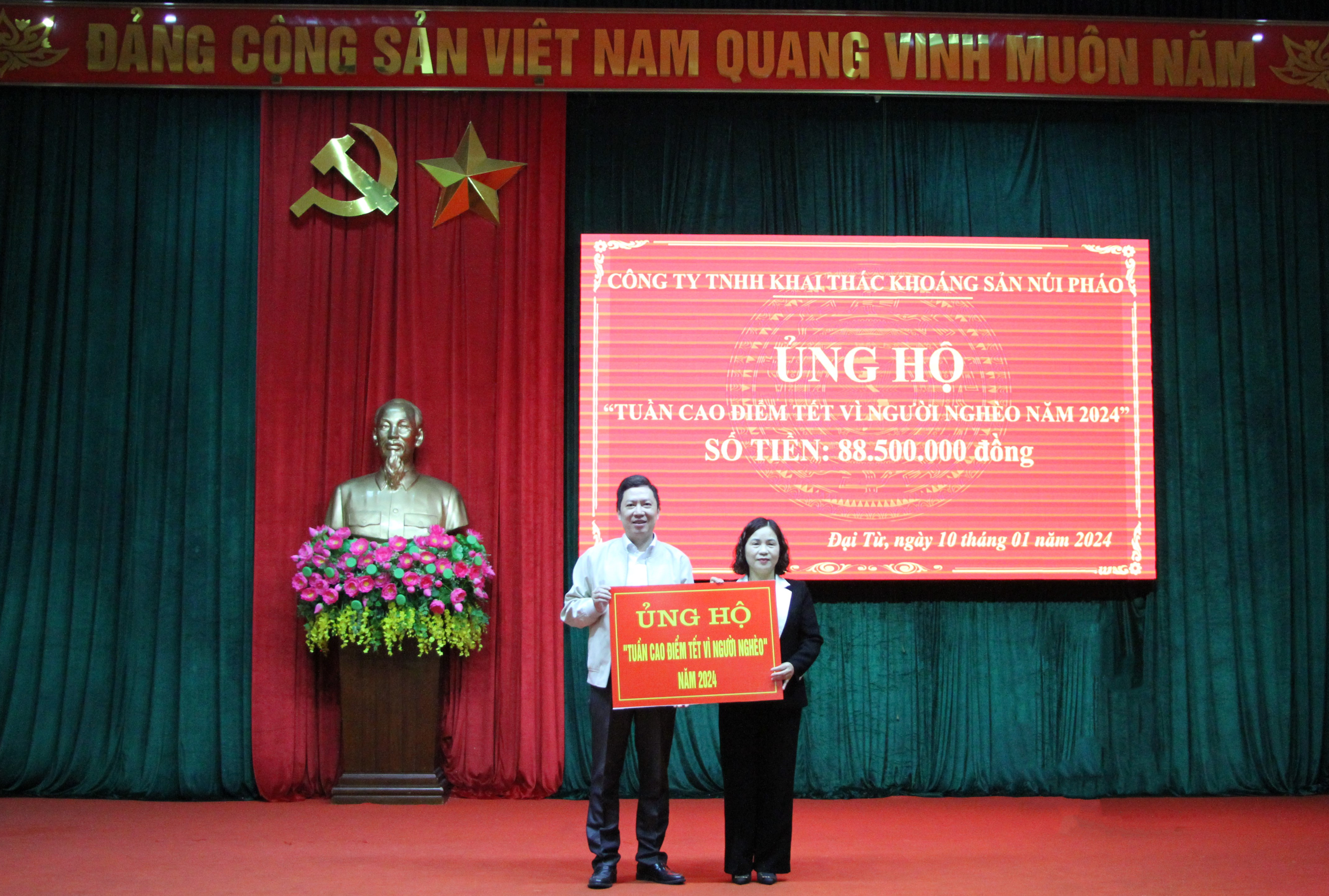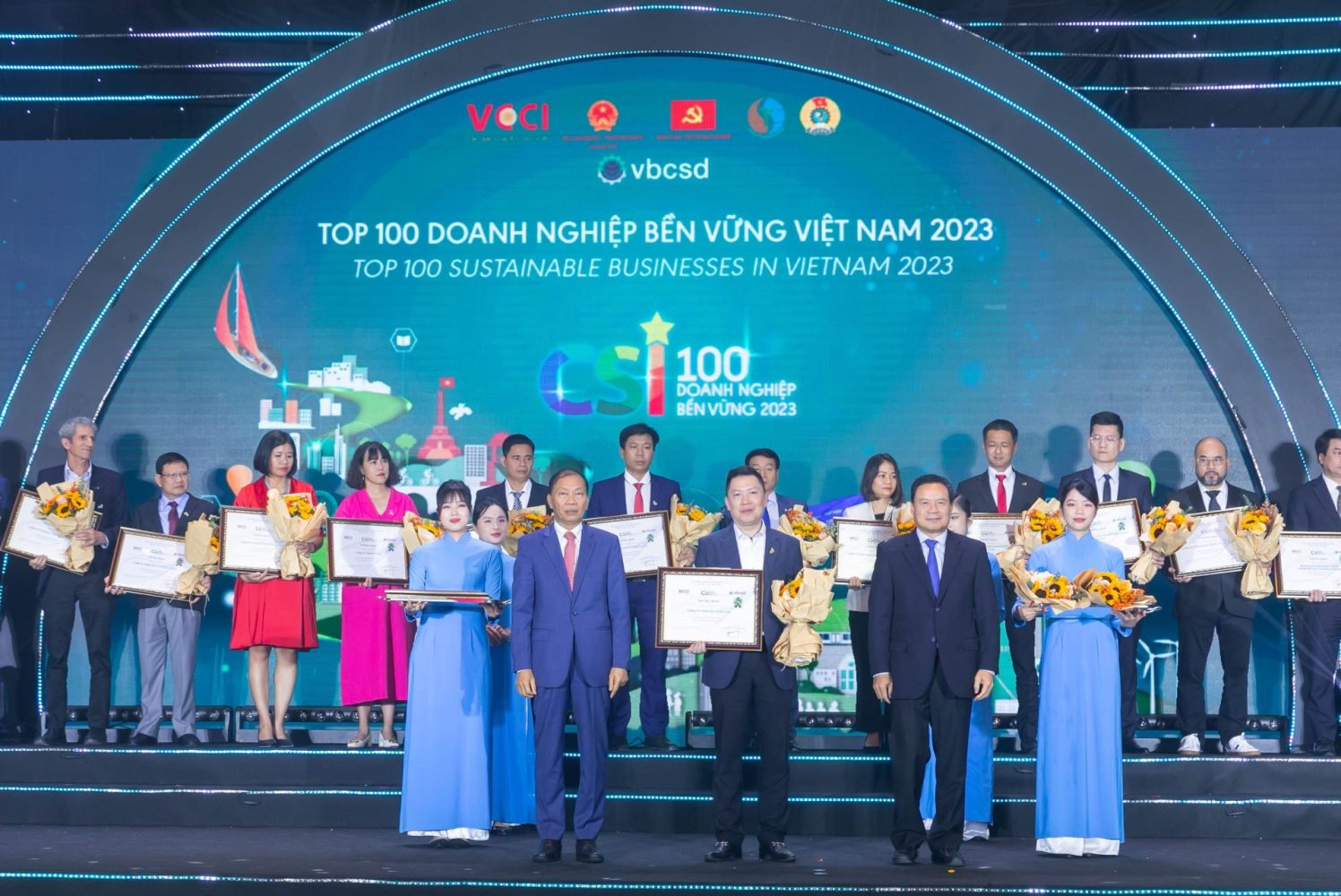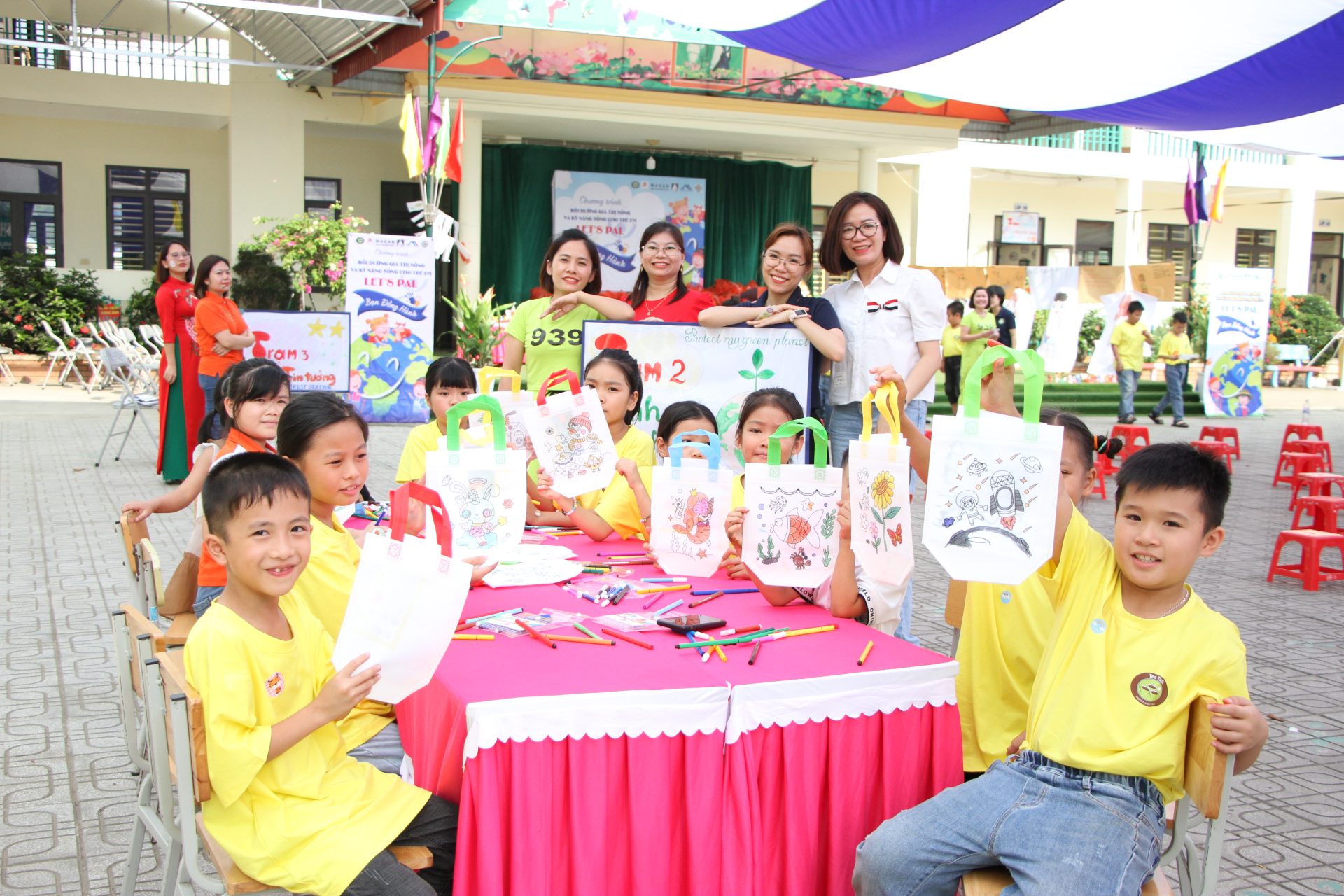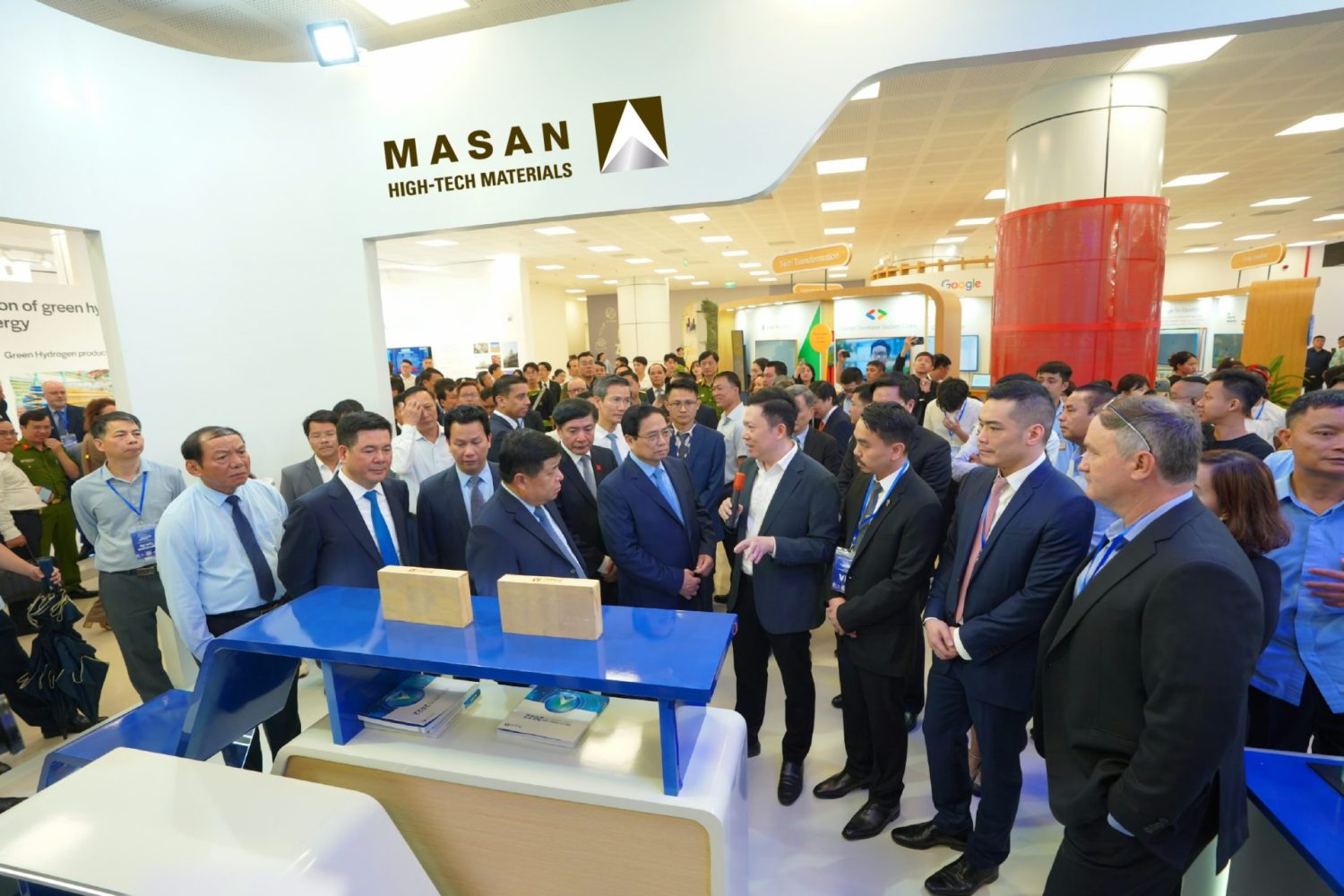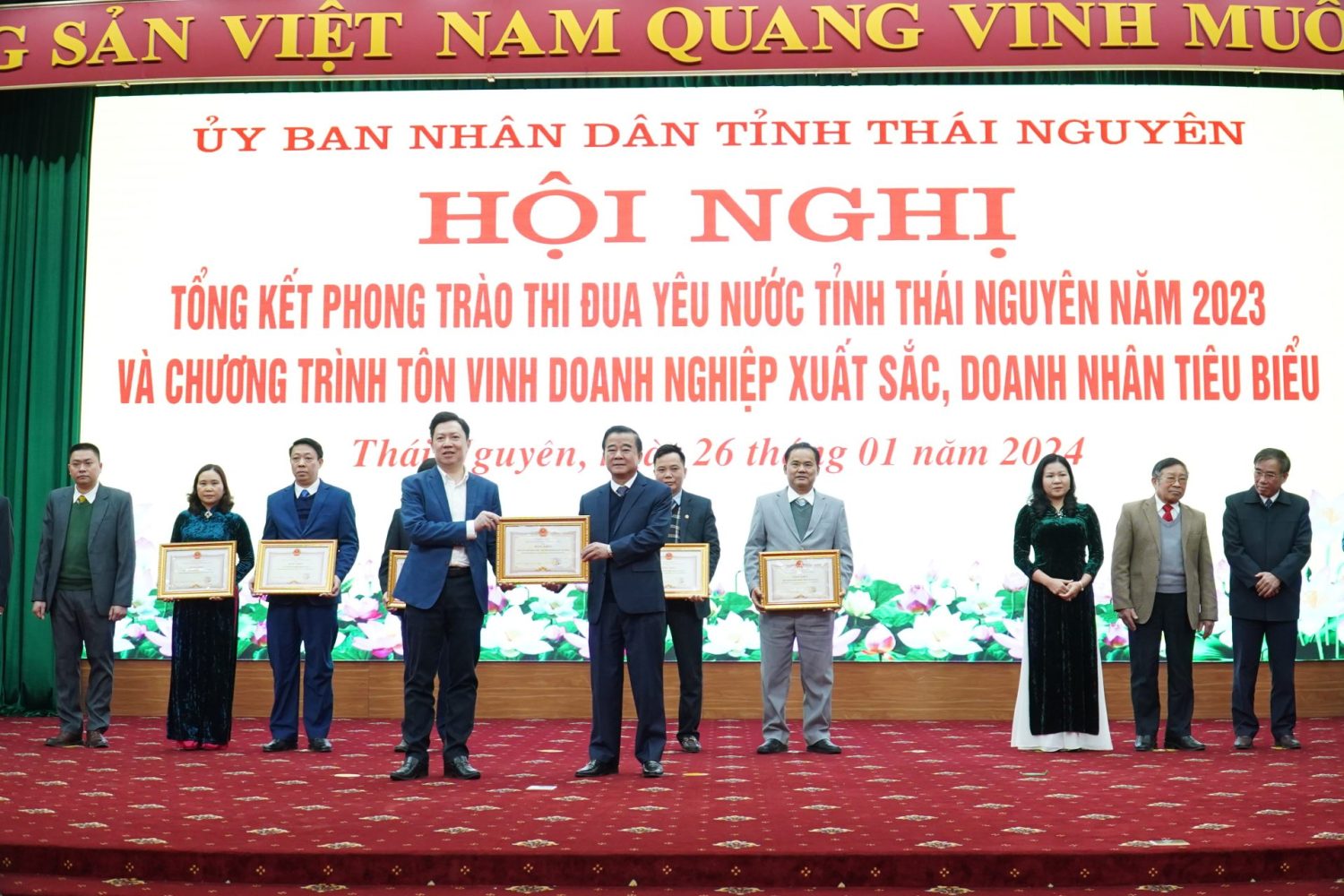Masan High-Tech Materials launches initiative of climate protection efforts
The globe is now witnessing the cumulative effects of three crises at an unprecedented scale and rate, including the Covid-19 epidemic, climate change, and natural resource depletion.
Since then, significant consequences have occurred, affecting several facets of contemporary and future existence.
The last five years have been the “warmest” on record, particularly in 2020, which had the greatest amount of Carbon Dioxide in the earth’s atmosphere. To prevent climate change, the path toward carbon neutrality is a critical measure that must be taken immediately.
To dominate the global high-tech materials sector as a Vietnamese firm, Masan High-Tech Materials Joint Stock Company (Masan High-Tech Materials) outlines its strategy clearly and sets ambitious targets for carbon neutrality to protect the planet. Afforestation is one of the company’s carbon-neutral efforts that it will continue to support in the future.

Carbon neutrality is a globally acknowledged approach of increasing human responsibility for the environment and mitigating the inevitable CO2 emissions associated with everyday activities and company production processes. It would be accomplished by the sale of carbon credits that would be invested in global CO2 emission reduction programs. This is the quickest approach to reduce the volume of CO2 in the air and the only way to achieve carbon neutrality.

Masan High-Tech Materials’ emphasis on energy efficiency and self-generation of energy from renewable sources are critical levers in achieving the Company’s carbon-neutral goal. Based on the United Nations’ Sustainable Development Goals and the Paris Agreement on climate change, the Company has taken beginning steps toward carbon neutrality, including the following:
The greenhouse gas inventory should be reviewed, calculated, and re-evaluated
Conduct a review, calculation, and re-evaluation of the GHG inventory derived from energy consumption by the recommendations provided by the United Nations Framework Program on Climate Change (IPCC), with a direct scope (coal, gasoline, and oil use) and an indirect range (electricity consumption). The business will continue to create inventories of greenhouse gas emissions from other sectors, such as wastewater treatment, trash disposal, and even modest emissions from activities such as printing, in the future years.

Solar energy farm being developed at the Nui Phao mine
Green power and clean energy are critical components in enhancing the quality of carbon neutrality. The firm is collaborating with many partners to construct and install a solar energy farm at the Nui Phao mine. The project is expected to have a significant impact on the implementation of energy consumption strategies over the next five to ten years.
Since the start of the operation at the Vonfram – polymetallic Nui Phao mine (Dai Tu district, Thai Nguyen province), the Company has planted tens of hectares of Acacia trees by its environmental rehabilitation and restoration strategy. Apart from their primary function of mitigating the effects of pollution sources associated with mining and mineral processing, they are also significant carbon sinks.

Additionally, the firm analyzes and calculates the amount of carbon absorbed by the Nui Phao project’s alternative forest area. Since 2018, the corporation has committed VND 1.5 billion to the Thai Nguyen forest protection and development fund to compensate and rehabilitate 26.7 acres of forest cut to undertake the Nui Phao project. The grant was used to establish 50 hectares of protection and special-use forests in the communes of Bao Linh, Dinh Bien, and Phu Dinh (Dinh Hoa district, Thai Nguyen province).
Cinnamon, Green Lim, Lat flower, and other regenerated woody plants… are now developing and forming a healthy canopy in this forest region. The firm collaborated with the Thai Nguyen Forest Protection and Development Fund to gather data, calculate the carbon sequestered by the planted forest area, and explore investment cooperation programs in afforestation in the Thai Nguyen provincial region. According to preliminary estimates, the quantity of CO2 accumulated from the planted forest area in Dinh Hoa district under the yearly environmental rehabilitation and restoration plan and the area of replacement planted forest is about 5,736 tons. Carbon offsets from trees must be prioritized as a bridging option toward carbon neutrality and climatic balance.
The concept of investing in afforestation to sell carbon credits from forests
A carbon credit is permission given by a government or other regulatory body that authorizes the holder of the credit to release greenhouse gases (converted to CO2). Each carbon credit is equivalent to one ton of CO2; carbon credits may be exchanged and sold between parties involved in the carbon market. As a result, a forest carbon credit is calculated by assessing the forest’s capacity to absorb CO2 from the atmosphere through its biomass. Vietnam is seen as a country that has significant potential for the sale of forest carbon credits.

Vietnam signed an agreement with the World Bank’s Forest Carbon Partnership Facility (FCPF) on October 22, 2020. Vietnam expects to export around 10.3 million tons of CO2 via its REDD+ program (Program to decrease greenhouse gas emissions caused by deforestation and forest degradation) across six provinces in the North Central area between 2020 and 2025. Vietnam may sell up to 50 million forest carbon credits each year, generating billions of dong.
Until far, Vietnam has had no corporate investment ventures including the purchase and sale of REDD+ forest carbon credits between international corporations and Vietnamese organizations and people. As a result, the Government has decided to establish a pilot project in Quang Nam province for the sale of forest carbon credits under the REDD+ program, with a trial term of 2021-2025. The pilot’s success will provide tremendous prospects for several provinces and towns around the nation.

Currently, Masan High-Tech Materials is closely monitoring the carbon credit market’s development roadmap and implementation timeline in Vietnam, as well as completing the legal framework that will govern this activity, ready to seize the opportunity to participate in the carbon credit market, contributing to the common goal of reducing greenhouse gas emissions and protecting the environment.
Masan High-Tech Materials is the world’s largest provider of sophisticated high-tech Vonfram materials used in critical sectors such as electronics, chemicals, automotive, aerospace, energy, and pharmaceuticals, with production sites in Vietnam, Germany, Canada, and China. Outside of China, the Company is the world’s biggest manufacturer of near-deep tungsten goods, with two research and development facilities in Germany and Vietnam. The Company also runs the Nui Phao polymetallic mine and processing facility. Vonfram in the modern era in Thai Nguyen province. Masan High-Tech Materials is also a significant producer of fluorspar and bismuth.
Source: vietnamagriculture.vn




